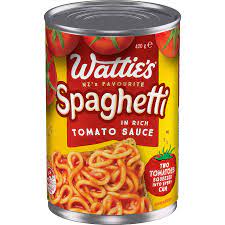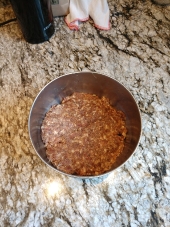
 7
7




 4
4




Invasive plants are Earth's way of insisting we notice her medicines. Stephen Herrod Buhner
Everyone learns what works by learning what doesn't work. Stephen Herrod Buhner
 7
7











 3
3




If there is one thing the Wizard of Oz has taught me, it is not to trust school teachers on bicycles.
 9
9




 6
6




John F Dean wrote:I am with Anne. I suspect the pasta would turn to mush. I have learn that less is more when canning. I do not add spices or pasta when pressure canning.







 10
10




Our inability to change everything should not stop us from changing what we can.
 7
7




"The only thing...more expensive than education is ignorance."~Ben Franklin. "We can easily forgive a child who is afraid of the dark; the real tragedy of life is when men are afraid of the light." ~ Plato
 2
2





 6
6




Live, love life holistically
 10
10





 4
4




Our inability to change everything should not stop us from changing what we can.
 3
3




 5
5




Robert Ray wrote:Pasta is something that Penn State and the USDA say that you shouldn't pressure can. However Chef Boyardee has a canned pasta. They also say not to can bread, but Boston Brown Bread has been canned for years, what's their secret. I actually purchased a temperature logger that can be run through a pressure canning cycle that I haven't used yet. I plan to can some bread and see what temperature the bread gets to to see if it hits that 250@ 20 sweet spot for botulism safety.
 2
2




If there is one thing the Wizard of Oz has taught me, it is not to trust school teachers on bicycles.
 6
6
















 5
5




Lexie Smith wrote:
Robert Ray wrote:
I would love a recipe or trusted link for canning brown bread!
Bread slices rehydrate pretty well, so if you want to preserve bread, dehydrate the slices and rehydrate by wrapping,them in wet kitchen towel and microwave it for about 45 seconds.
Live, love life holistically
 6
6




 4
4




 4
4




 5
5




I have Hobbit feet, but if I keep them shaved, no one notices.
 3
3




 3
3





 4
4




Our inability to change everything should not stop us from changing what we can.
 4
4




Tamarlane Ivey wrote:I learned to can by buying a pressure canner and going for it. I am more of a "rebel" canner kind of gal. One of these posts says they say not to can flour or dairy. I've found the dairy to be untrue. I can both butter and ghee to improve the lifespan of butter. Yes, I have a good size freezer that is currently holding about 20 or 30 pounds of butter. I have 1/2 pint jars at room temp canned in '21 and still tasty. I learned this from Homestead Heart on YouTube. There is LOTS of helpful information there, just use your brain and comfort level in deciding what to do.
As you point out there are commercialy canned pasta, pumpkin puree, stews... These are all available to us in the stores, yet TPTB says it's a huge no-no for us. Explore and use your common sense.
 6
6





 5
5




 4
4





 4
4




Patience Taylor wrote:As far as I know it is not safe to can pasta at home.

|
Get meta with me! What pursues us is our own obsessions! But not this tiny ad:
The new purple deck of permaculture playing cards
https://www.kickstarter.com/projects/paulwheaton/garden-cards
|




